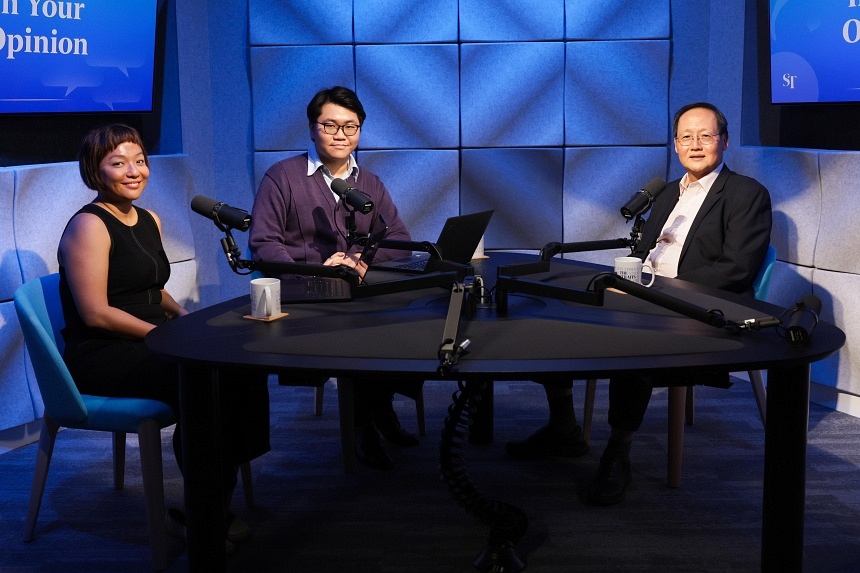SINGAPORE – Even though an upcoming financial support scheme for the involuntarily unemployed is already poised to cover about six in 10 of such workers, Minister for Manpower Tan See Leng is not ruling out further expanding the initiative.
In a podcast interview with The Straits Times, he said the Government will review the SkillsFuture Jobseeker Support scheme every quarter after it is rolled out in April 2025.
Once enough data has been gathered, the Government will be able to look at how to improve it, he said.
He noted that the scheme is already targeted at the bulk of the resident population.
But he added: “We always try our best for everyone in Singapore. Rather than at the outset, reach for the stars and then don’t even do anything, or, we start, and (then) we aim for the stars – I leave it to you to surmise and conclude how the Government should be looking at it.”
Dr Tan’s podcast interview with ST’s assistant podcast editor Lynda Hong and journalist Tay Hong Yi was released on Oct 14 as part of ST’s In Your Opinion podcast show. It centred on the scheme, which will provide temporary financial help of up to $6,000 over six months to involuntarily unemployed people, subject to criteria such as income and annual value of property.
It will be open to Singaporeans from April 2025, and permanent residents from the first quarter of 2026.
Asked if the criteria could make it too complex for those who may benefit to apply, Dr Tan said the Government plans to use the data it already has on hand of workers to make the application process as seamless as possible for them.
He also sketched out the tough negotiations among the tripartite partners – representatives from the Government, labour movement and employers – that went into hammering out the scheme in its current form.
These included whether to go for an unemployment insurance-based scheme, in which either employers or employees pay premiums to gain coverage.
Questions arose of whether to mandate these insurance contributions and whether employers or employees ought to pay.
There were concerns that if employers were made to pay, business costs would increase, Dr Tan said.
And if such an insurance scheme was made optional, it could mean those who have been working hard to stay ahead will not buy in, making it hard to pool risks.
He added: “How do you then price the actuarial premiums? What is the payout going to be? We realised it’s going to be even more difficult.
“So, after… all that independent heated discussion behind the scene, we finally landed on this, that the Government at least bears the burden, we try it out.”

